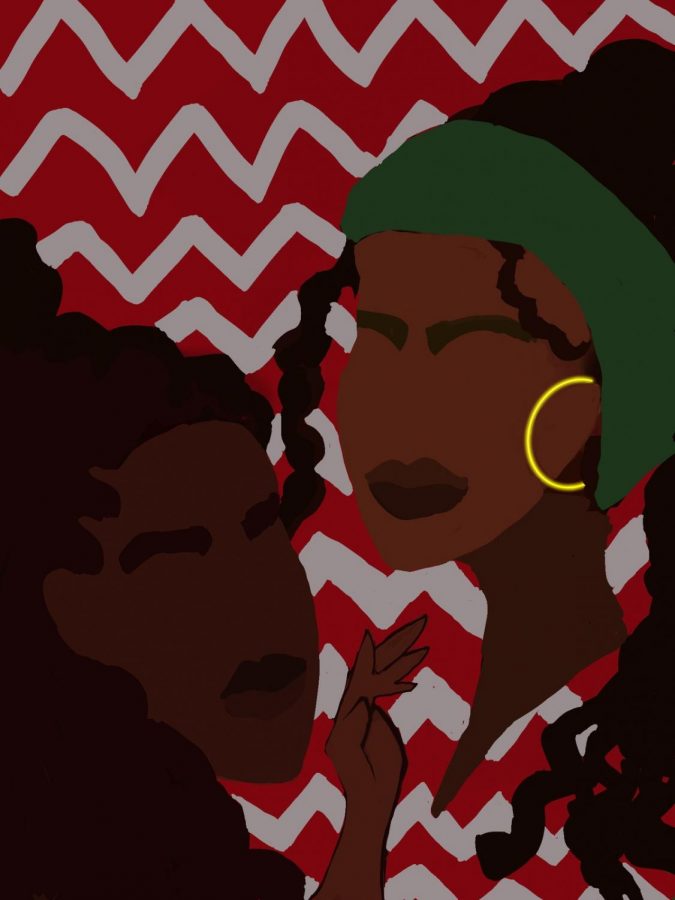Black Women Wellness Organization hosts UT’s first Black Hair Day
November 11, 2021
Throughout her youth, biology honors senior Christine Ejiofor struggled with her hair, frequently getting perms and wearing different protective styles like braids and wigs. She never embraced her natural hair in public until her junior year of college.
Worried people would judge her, Ejiofor was embarrassed of her natural look. However, once she felt ready to present her natural hair to the world, she felt liberated. After spending years worrying, she felt a renewed sense of confidence. Her hair finally felt effortless.
Many Black women undergo unique hair journeys where they have to work towards accepting and loving their hair in a world that tells them otherwise, preaching that their hair isn’t “beautiful.”
As a result, the Black Women Wellness Organization plans to host a Black Hair Day on Nov. 15 from 7 p.m. to 9 p.m. at the William C. Powers, Jr. Student Activity Center ballroom. The event includes speakers discussing how to care for and love one’s hair, a barbeque dinner, a raffle with the chance to win a basket full of Black hair care products, and a catwalk to show off the most creative hairstyles of the attendees.
“I hope people come out feeling good and validated, not like they have to look a certain way or be a certain way because of the environment that they’re in — just comfortable being themselves,” Ejiofor, organization founder and president, said. “I want them to walk out feeling warm, like they belong.”
Some members of the Black Women Wellness Organization said going to a predominantly white institution magnifies their insecurities about their hair and reinforces the societal beauty standard that straight hair is “good hair.” They hope Black Hair Day will combat this stigma.
“It shows our campus (that) our Black hair is ours, and you can’t change that,” sociology junior Nykia Wright said. “We’re allowed to express ourselves in whatever way, do our hair in whatever way, and even though you may not understand it, it’s something that’s beautiful that needs to be embraced.”
Throughout the United States, and specifically on UT’s historically racist campus, administrative systems perpetuate Eurocentric societal standards equating physical traits of Black people — their hair, dark skin and facial features — with inferiority. Many Black students and staff receive backlash for wearing their hair in traditional styles deemed as “nappy” and “unprofessional,” such as braids, dreadlocks and afros.
However, historically, Black hairstyles represent symbols of power, strength and royalty. In the Black community, hair serves as a form of self-expression and identity. Black Hair Day’s organizers aim to celebrate this.
“They don’t have to hide who they are,” Wright said. “They can express themselves freely (with) their hair because it’s a part of them, not something they should be ashamed of.”
Nov. 15 will serve as the first Black Hair Day at UT, and its organizers are excited to celebrate and create a space in which their hair can be loved rather than scrutinized.
“This day is about embracing who we are and how we express ourselves through our hair because Black hair is so diverse (and) beautiful,” said Abigail Chandler, an international relations and global studies senior. “This is a special day to really center ourselves and just give love and attention to our uniqueness through our hair.”



